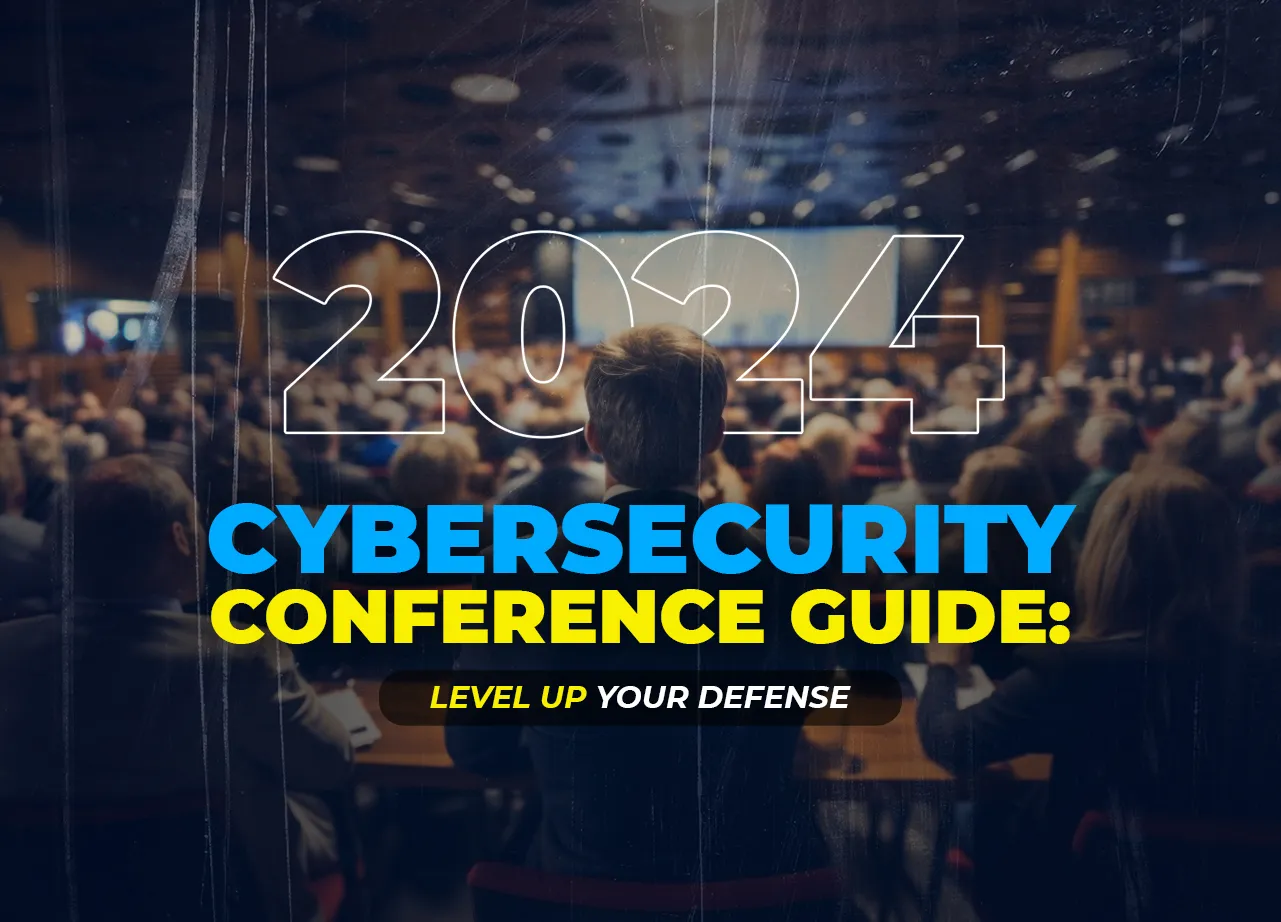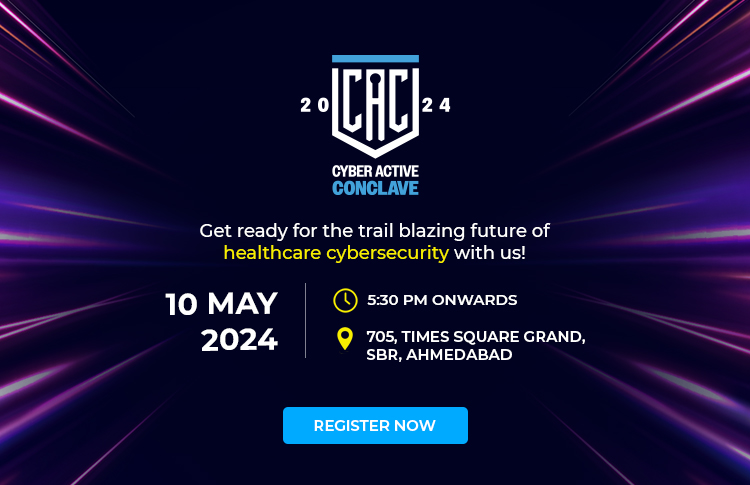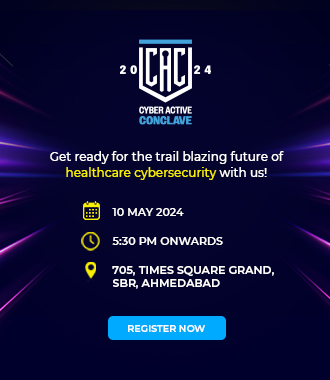
In the fast-paced world of software development, DevOps has become a critical component for organizations looking to deliver high-quality software quickly and reliably. DevOps practices involve the integration of software development (Dev) and IT operations (Ops) teams to create a continuous delivery pipeline that emphasizes automation, collaboration, and communication.
PeoplActive is an ISO 27001:2013 certified leading tech hiring platform. By utilizing an exclusive network of 4000+ Silicon Valley caliber tech talent specialized in 100+ in-demand IT skills, it was pretty easy for businesses to hire game-changing Engineers and developers in just 48 hours. So, if you want to accelerate your business, schedule a quick call with our experts now.
As we head into 2023, DevOps is only becoming more important. To stay ahead of the competition, organizations must embrace the latest DevOps strategies and tools. In this blog post, we’ll explore the top strategies to advance your DevOps game in 2023. These strategies include embracing automation, using Infrastructure as Code (IaC), adopting Continuous Integration and Continuous Deployment (CI/CD), implementing continuous testing, monitoring everything, fostering a culture of collaboration and communication, emphasizing security and compliance, and continuously learning and improving. By implementing these strategies, organizations can improve the speed, quality, and reliability of their software delivery pipelines, leading to happier customers and increased business success.
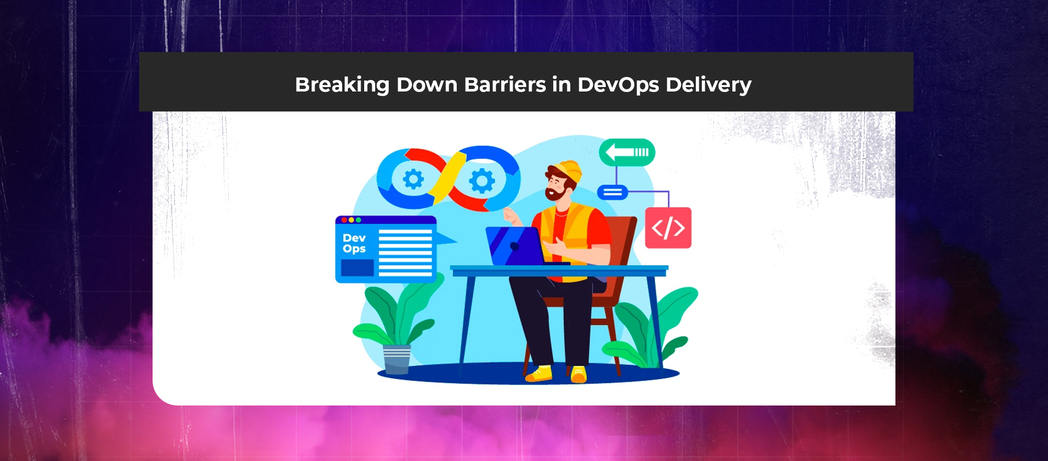
Table of Contents
ToggleBreaking Down Barriers in DevOps Delivery
Security and Compliance
Security and compliance continue to be a top concern for organizations. As the number of cyber threats continues to increase, it is essential to integrate security into every stage of the DevOps pipeline. Compliance requirements also continue to become more complex, making it challenging for organizations to keep up with changing regulations.
Scaling DevOps
As organizations grow, it becomes increasingly challenging to scale DevOps. DevOps teams must manage more applications, infrastructure, and users, and this can lead to an increase in complexity and a reduction in efficiency. Scaling DevOps requires a well-defined strategy and a culture of continuous improvement.
Unify your cloud environment with our multi-cloud management
Many organizations are adopting hybrid and multi-cloud environments to take advantage of the benefits of both private and public clouds. However, managing these environments can be challenging, with different technologies, tools, and processes to manage. DevOps teams must have a clear understanding of the challenges of managing hybrid and multi-cloud environments to ensure that they can deliver value to the organization.
Unlock your potential with continuous learning and improvement
Continuous learning and improvement are critical to the success of DevOps. DevOps teams must continually learn new skills, tools, and processes to keep up with the ever-changing technology landscape. However, many organizations struggle to create a culture of continuous learning and improvement.
Will DevSecOps replace DevOps in future?
Top DevOps Strategies for 2023 and Beyond
Embrace Automation
DevOps practices aim to automate as much as possible to eliminate human error and improve efficiency. Automating repetitive tasks such as building, testing, and deploying code helps to reduce errors and increase productivity.
One of the best tools for automating DevOps is Jenkins, an open-source automation server. Jenkins can automate building, testing, and deploying your code, and it can also integrate with other tools such as GitHub, Bitbucket, and JIRA. Other popular automation tools include CircleCI, TravisCI, and TeamCity.
Use Infrastructure as Code (IaC)
Infrastructure as Code (IaC) is a practice that involves defining and managing infrastructure resources through code. This means that you can manage your infrastructure in the same way that you manage your application code.
IaC can help you avoid manual errors, reduce infrastructure deployment time, and increase the reliability of your infrastructure. Tools such as Terraform, CloudFormation, or Ansible can help you implement IaC.
Adopt Continuous Integration and Continuous Deployment (CI/CD)
Continuous Integration (CI) is a practice that involves integrating code changes into a shared repository frequently. The technique of Continuous Deployment (CD) automates the release of code updates to production. Together, they help you deliver high-quality software faster and more reliably.
Tools such as GitLab, GitHub Actions, or AWS CodePipeline can help you implement CI/CD. They can automate your build, test, and deployment processes, allowing you to focus on delivering value to your customers.
Test early, test often, test continuously
Continuous Testing is a practice that involves testing your code throughout the software development lifecycle. It helps you catch defects early and avoid the costs of fixing them later.
Automated testing tools such as Selenium, JUnit, or pytest can help you implement continuous testing. These tools can automate your testing processes and help you identify defects before they become problems.
Monitor Everything
Monitoring is critical to understanding how your application is performing in production. It helps you identify issues before they become problems and respond to incidents quickly.
Tools such as Prometheus, Grafana, or Datadog can help you monitor your application and infrastructure. They can provide real-time insights into your system’s performance, allowing you to make informed decisions about how to improve your system.
Foster a Culture of Collaboration and Communication
DevOps is not just about tools and processes; it’s also about people. A culture of collaboration and communication is essential for DevOps success.
Encourage cross-functional teams to work together and break down silos. Use tools such as Slack, Microsoft Teams, or Zoom to facilitate communication and collaboration. These tools can help you keep everyone on the same page and ensure that everyone is working towards the same goals.
Emphasize Security and Compliance
Security and compliance should be integrated into your DevOps practices. Ensure that security and compliance are part of your code reviews, testing, and deployment processes.
Tools such as SonarQube, Twistlock, or Qualys can help you ensure that your code and infrastructure are secure and compliant. These tools can help you identify and address security vulnerabilities before they become problems.
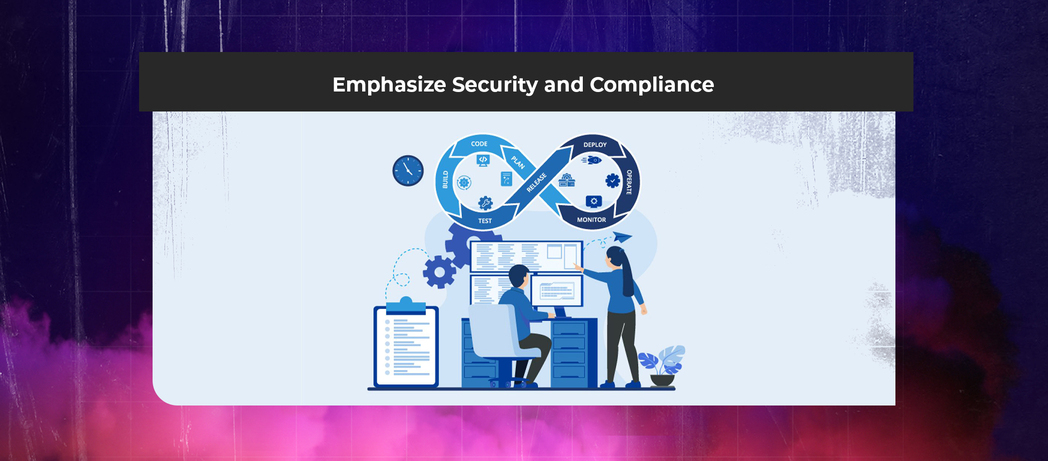
Summing it Up
DevOps has become a critical aspect of software development, and staying competitive in 2023 will require adopting the latest DevOps strategies. Embracing automation, a cloud-native approach, security integration throughout the pipeline, data analytics, collaboration and communication, and continuous learning and improvement are the top strategies to advance your DevOps game. As technology continues to evolve, teams must stay up to date with the latest trends and tools to remain competitive. The DevOps landscape is changing rapidly, with emerging technologies such as AI and machine learning set to transform the industry. By embracing these new technologies and methodologies, teams can stay ahead of the game and deliver high-quality software faster and more efficiently.
As more and more enterprises adopt the DevOps methodology to accelerate their software development lifecycle, the need for specialized DevOps developers continues to grow. Are you in need of a DevOps developer with a track record of success on projects similar to yours? Look no further than PeoplActive. Our purpose-driven organization boasts leading expertise in cloud, digital, and security and maintains a talent pool of elite DevOps developers. With PeoplActive, you can hire a top-tier DevOps developer in as little as 48 hours after submitting your request. Maximize your value through tailored DevOps strategies that will drive success for your business. Connect with us today and take your DevOps game to the next level.
Hire top 3% DevOps Engineer

